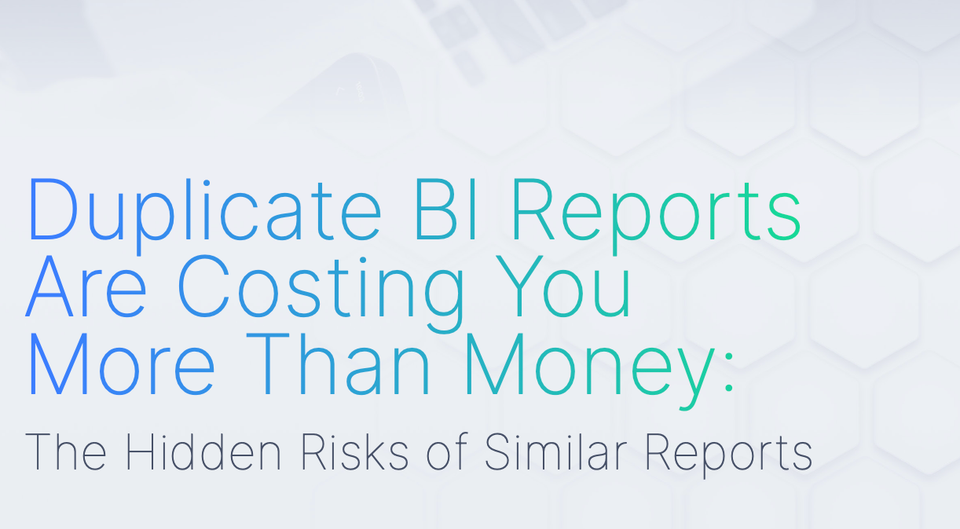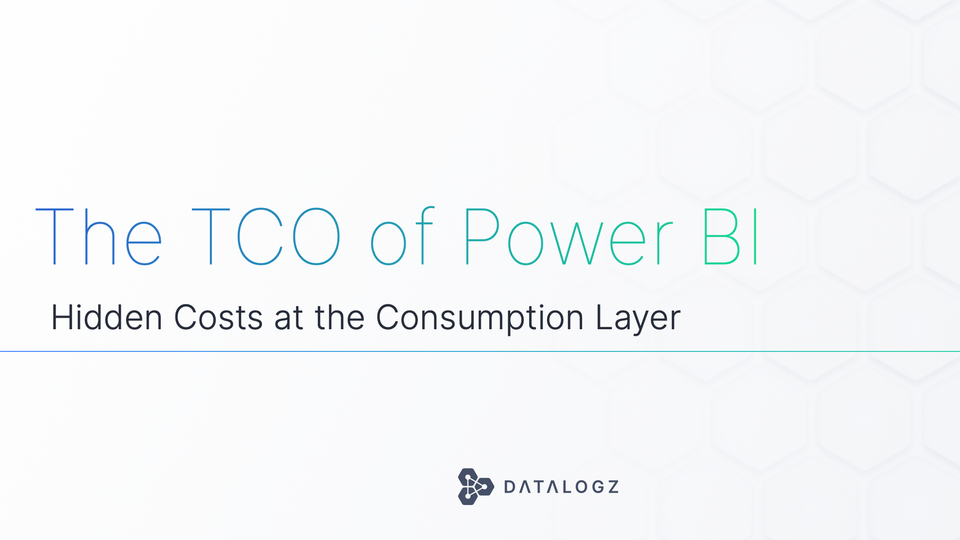BI Ops in Compliance with Industry Regulations
BI Ops plays a crucial role in ensuring compliance with industry regulations. Regulatory requirements, data privacy, security controls, and audit and monitoring are essential components of BI Ops.

BI Ops is the process of managing, monitoring, and optimizing a company's business intelligence infrastructure. BI Ops ensures that business intelligence systems run efficiently, are secure, and compliant with industry regulations. Compliance with industry regulations is of utmost importance as it ensures that the company's data is secure, transparent, and aligned with the industry standards. In this blog post, we will discuss the importance of BI Ops in compliance with industry regulations.
Regulatory Requirements
Different industries have different regulatory requirements that companies must adhere to, and BI Ops plays a critical role in ensuring compliance. For instance, in the healthcare industry, HIPAA (Health Insurance Portability and Accountability Act) regulates the privacy and security of personal health information. BI Ops ensures that all personal health information is secure and complies with HIPAA standards.
Similarly, in the finance industry, companies must comply with SOX (Sarbanes-Oxley Act), which ensures financial transparency and accurate reporting. BI Ops plays a critical role in ensuring that financial reporting is accurate and transparent, and financial information is secure.
In government, companies must comply with regulations like FISMA (Federal Information Security Management Act) and FedRAMP (Federal Risk and Authorization Management Program) to ensure the security and privacy of government information. BI Ops ensures that government information is secure and complies with these regulations.
Data Privacy
Data privacy is an essential component of BI Ops in compliance with industry regulations. Personal and sensitive data must be secure and protected from unauthorized access or disclosure. The General Data Protection Regulation (GDPR) is an example of data privacy regulations that companies must comply with. The GDPR regulates the collection, use, and disclosure of personal data in the European Union.
BI Ops ensures that personal data is secure and protected by implementing data security measures such as data encryption, access controls, and data masking. BI Ops also monitors access to personal data to detect and prevent unauthorized access.
Security Controls
Security controls are a critical component of BI Ops in compliance with industry regulations. Security controls are put in place to prevent data breaches and cyber attacks. The National Institute of Standards and Technology (NIST) provides guidelines for security controls that companies must follow. BI Ops ensures that security controls are in place and being followed.
BI Ops can use security controls such as firewalls, intrusion detection systems, and antivirus software to prevent cyber attacks. Security controls are continuously monitored to detect and prevent any security threats.
Audit and Monitoring
Audit and monitoring are essential components of BI Ops in compliance with industry regulations. Audit and monitoring ensure that business intelligence systems are running efficiently, and any anomalies are detected and addressed promptly. Audit and monitoring can also detect any compliance issues, and remedial actions can be taken promptly.
BI Ops can use tools such as log analysis, network monitoring, and vulnerability assessments to audit and monitor business intelligence systems. Audit trails can be created to track user activity and detect any unauthorized access or data modification.
In conclusion, BI Ops plays a crucial role in ensuring compliance with industry regulations. Regulatory requirements, data privacy, security controls, and audit and monitoring are essential components of BI Ops. By implementing these components, companies can ensure that their business intelligence systems are secure, compliant, and running efficiently. Compliance with industry regulations protects sensitive and personal data, ensures financial transparency, and maintains the security of government information. It is essential for companies to implement BI Ops to comply with industry regulations and maintain the trust of their customers and stakeholders.
Key takeaways:
- Compliance with industry regulations is essential to ensure the security, transparency, and alignment of a company's data with industry standards.
- Different industries have different regulatory requirements that companies must adhere to, and BI Ops plays a critical role in ensuring compliance.
- Data privacy is a crucial component of BI Ops in compliance with industry regulations, and personal and sensitive data must be secure and protected from unauthorized access or disclosure.
- Security controls such as firewalls, intrusion detection systems, and antivirus software are critical components of BI Ops in compliance with industry regulations.
- Audit and monitoring are essential components of BI Ops in compliance with industry regulations, and they ensure that business intelligence systems are running efficiently and any anomalies are detected and addressed promptly.
- Companies that implement BI Ops can comply with industry regulations and maintain the trust of their customers and stakeholders.




